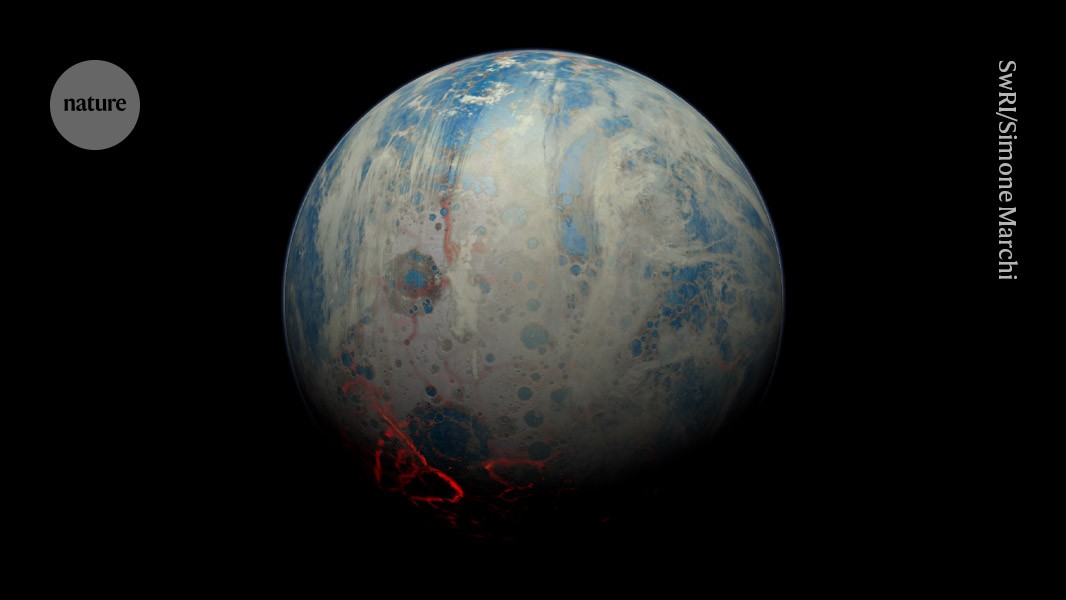
"In 2008, scientists claimed the Nuvvuagittuq rocks were 4.3 billion years old, a number that faced scrutiny until this new study confirmed them at 4.16 billion years."
"Jonathan O'Neil highlights the significance of the Nuvvuagittuq Greenstone Belt, stating it's a unique opportunity to understand Earth's early geological history."
"Access to the oldest rocks has been restricted by the local Inuit community to prevent further damage caused by sample extraction by various research teams."
"The Nuvvuagittuq belt could be the only surviving piece of Earth's crust from the Hadean eon, providing insights into the planet's formative years."
Recent research reveals that the Nuvvuagittuq Greenstone Belt in northeastern Canada contains rocks that are at least 4.16 billion years old, making them the oldest known rocks on Earth. This discovery opens a window into the planet's formative period after its initial, volatile creation. Although previous claims of older ages were contested, this study offers confirmation of their historical significance. Importantly, the local Inuit community has restricted access to these geological treasures to protect them from damage caused by the scientific community's previous exploratory efforts.
Read at Nature
Unable to calculate read time
Collection
[
|
...
]